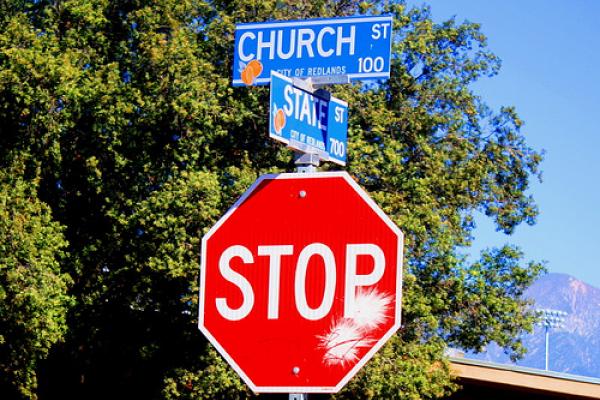With its unanimous ruling in Hosanna-Tabor Church & School v. EEOC last month, the United States Supreme Court handed down one of its most important church-state decisions in decades. The First Amendment bars ministers from suing the religious communities they serve regarding the terms and conditions of their employment, it said.
The Court affirmed what lower courts had held for decades: Religious bodies, not the government, must have the power to decide which individuals will minister to the faithful. This doctrine is known as the “ministerial exception.” The Court also held that the former teacher in this case, Cheryl Perich, was a minister and thus her lawsuit under the Americans with Disabilities Act (ADA) could not proceed.
An important aspect of the Hosanna-Tabor ruling is the Court’s recognition that there is simply is no good way for the state to police these matters – it inevitably ends up intruding on core religious decisions like who should speak to and for the church. When a minister is fired, the religious employer cites a religious reason for doing so, such as sermons that are inconsistent with Biblical teachings and a failure to challenge congregants to follow Jesus Christ. If the minister then sues the church for discrimination, he or she claims the religious reason wasn’t the “real” reason for the church’s actions; it was just a pretext for discrimination.
Read the Full Article

